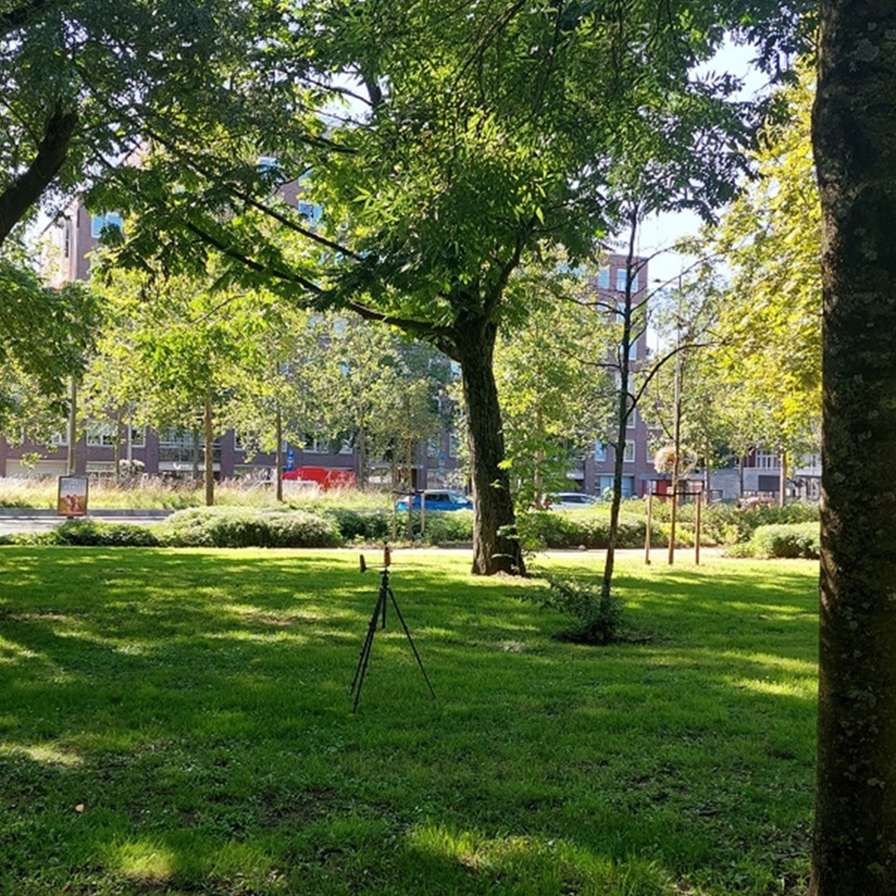Cool Towns Intervention Catalogue
Publication - September 2023

The Intervention Catalogue is the third publication in a series produced by the Cool Towns project and has been designed as a resource for decision makers, urban planners, landscape architects, environmental consultants, elected members and anyone else considering how to mitigate heat stress and increase thermal comfort in urban areas.
Urban Heat Island phenomenon in cities
Built environments are increasingly vulnerable to the impacts of climate change. Most European towns and cities have developed horizontally over time but are currently in the process of further densification. High-rise developments are being built within city boundaries at an unprecedented rate to accommodate a growing urban population.
This densification contributes to the Urban Heat Island phenomenon and can increase the frequency and duration of extreme heat events locally. These new build-up areas, in common with historic city centres, consist mainly of solid surfaces often lacking open green urban spaces.
Intervention Catalogue: mitigating heat stress
The Intervention Catalogue explains how to mitigate heat stress and increase thermal comfort in urban areas. Technical information on the effectiveness of the full array of intervention types from trees to water features, shading sails to green walls, has been assessed for their heat stress mitigation properties, expressed in Physiological Equivalent Temperature (PET). The results shown in factsheets will help the process of making an informed, evidence based, choice so that the most appropriate intervention for the specific spatial situation can be identified.
Authors
- Gideon Spanjar
- Debbie Bartlett
- Sába Schramkó
- Jeroen Kluck
- Luc van Zandbrink
- Dante Föllmi
Climate Resilient City research group
More frequent and intense rainfall, prolonged droughts and heatwaves, rising sea levels. The effects of climate change are being felt. The Climate Resilient City research group at the Amsterdam University of Applied Sciences is exploring how cities can be designed to ensure that residents and businesses can continue to live, work, and recreate comfortably in the future. Their research focuses on heat, drought, water, and biodiversity.